News

Strettons Newsletter – December 2025
Check out our latest edition. - Click here for the copy - link
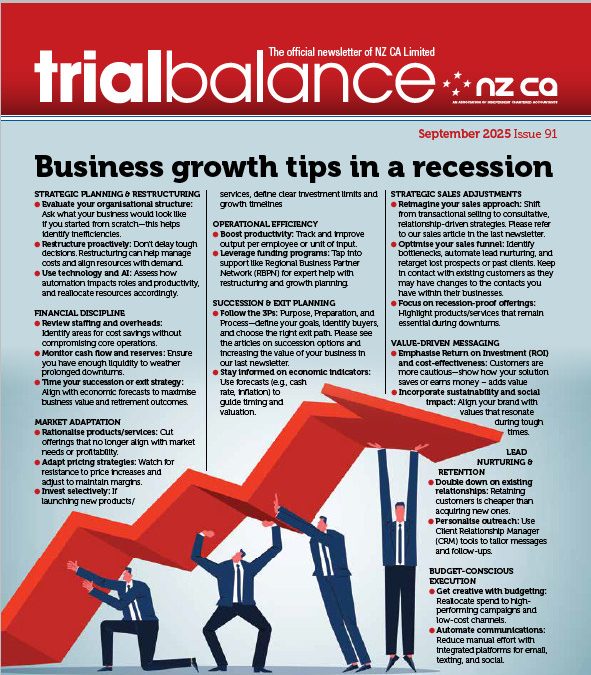
Strettons Newsletter – September 2025
Check out our latest edition. - Click here for the copy - link
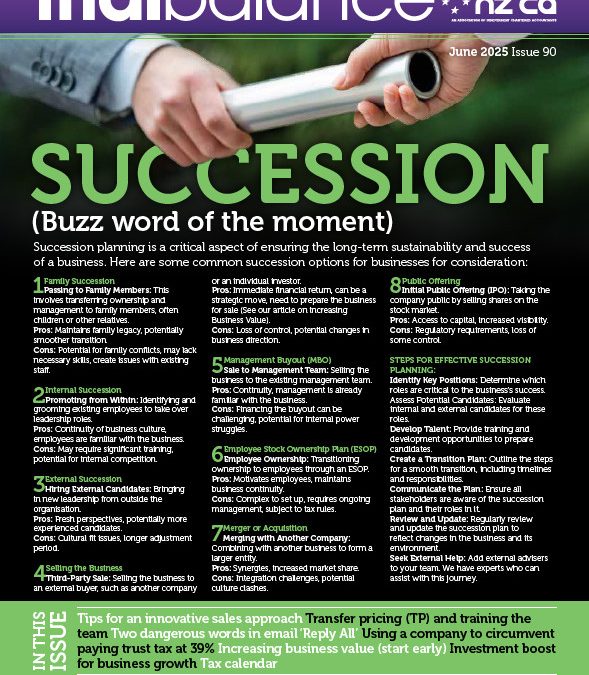
Strettons Newsletter – June 2025
Check out our latest edition. - Click here for the copy - link
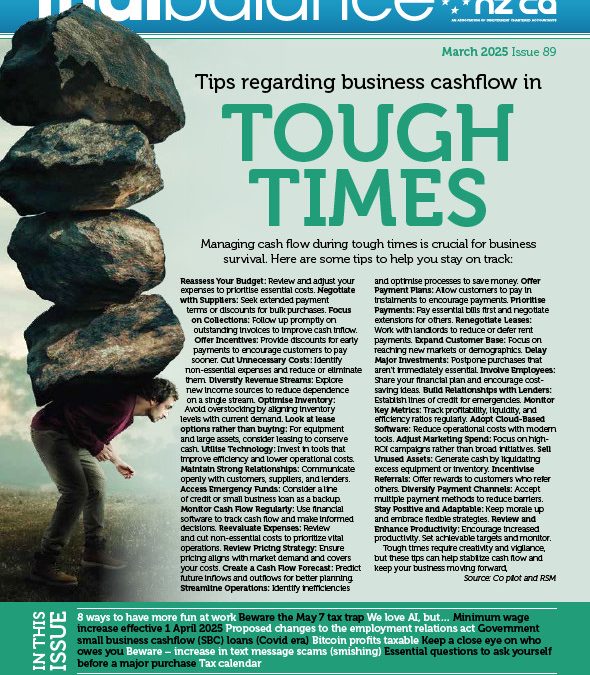
Strettons Newsletter – March 2025
Check out our latest edition. - Click here for the copy - link
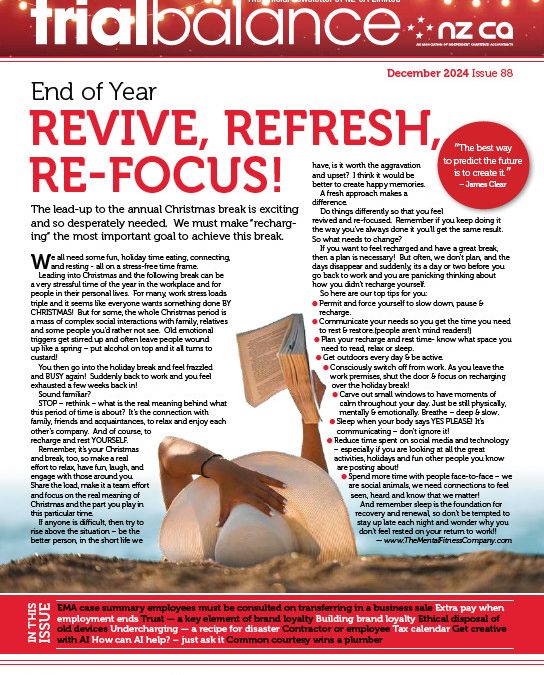
Strettons Newsletter – December 2024
Check out our latest edition. - Click here for the copy - link

Strettons Newsletter – September 2024
Check out our latest edition. - Click here for the copy - link
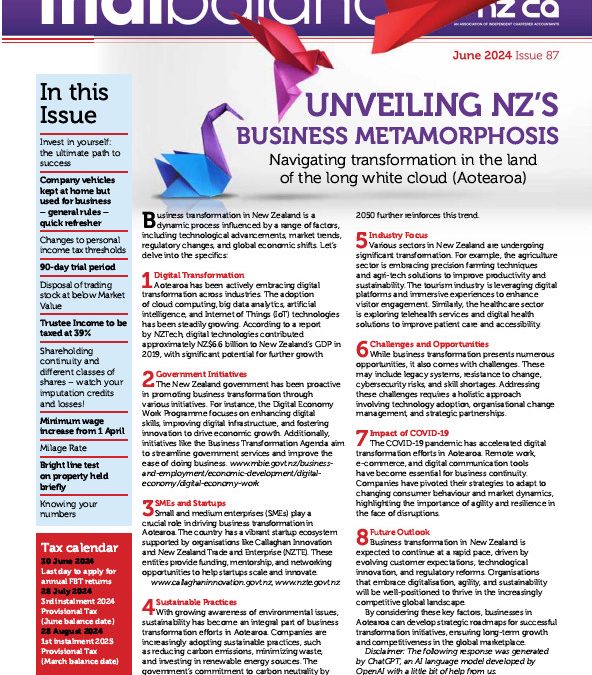
Strettons Newsletter – June 2024
Check out our June edition. - Click here for the copy - link
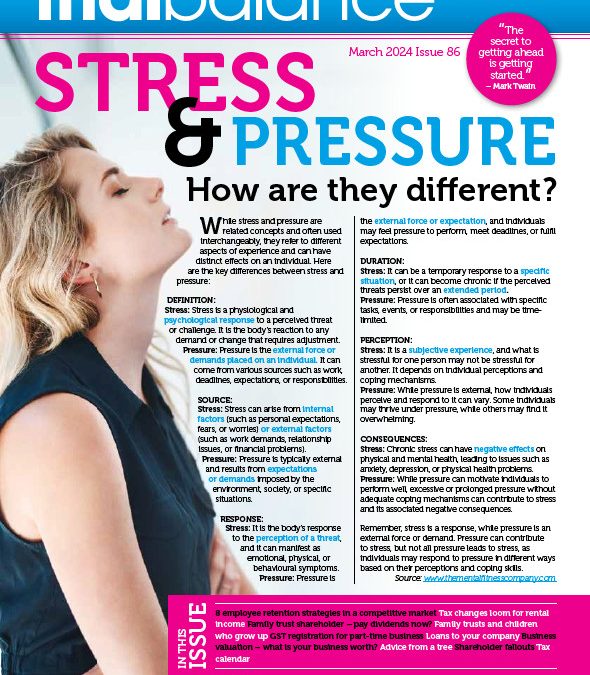
Strettons Newsletter – March 2024
Check out our March edition. - Click here for the copy - link

Strettons Newsletter – December 2023
Check out our December edition. - Click here for the copy - link
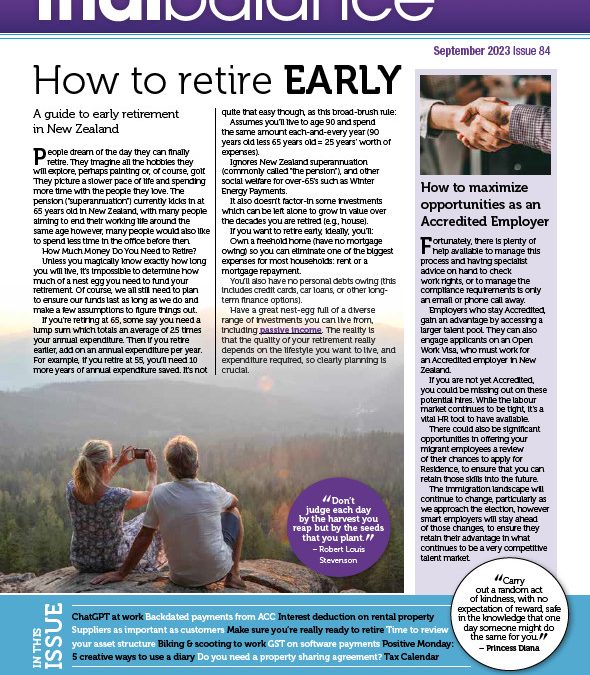
Strettons Newsletter – September 2023
Check out our September edition. - Click here for the copy - link

Strettons Newsletter – June 2023
Check out our June edition. -Click here for the copy - link
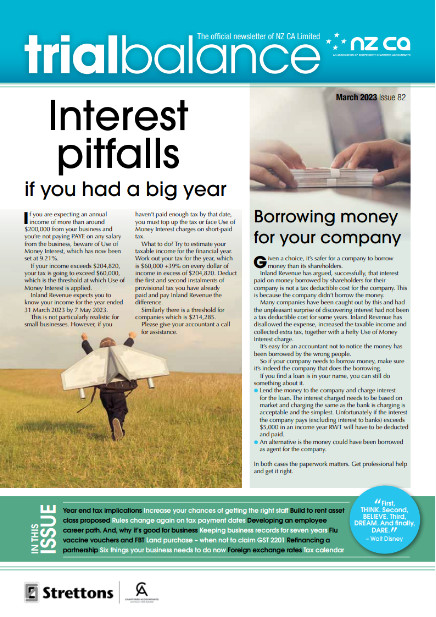
Strettons Newsletter – March 2023
Check out our March edition. -Click here for the copy - link
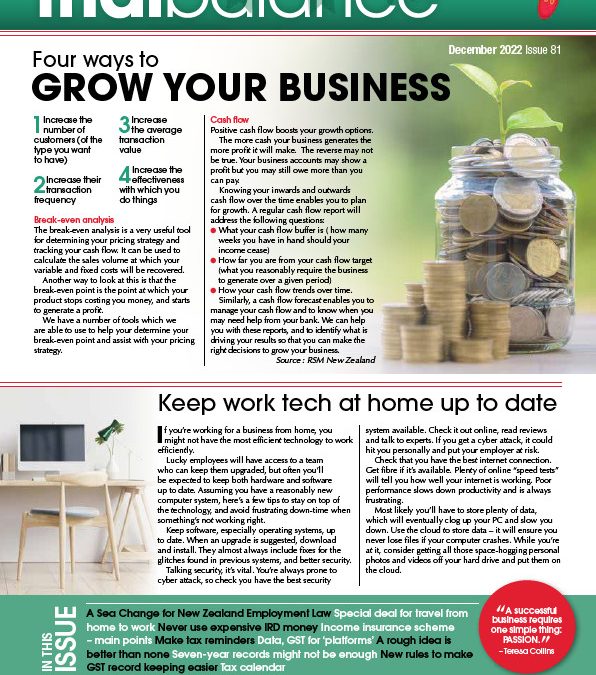
Strettons Newsletter – December 2022
Check out our December edition. -Click here for the copy - link
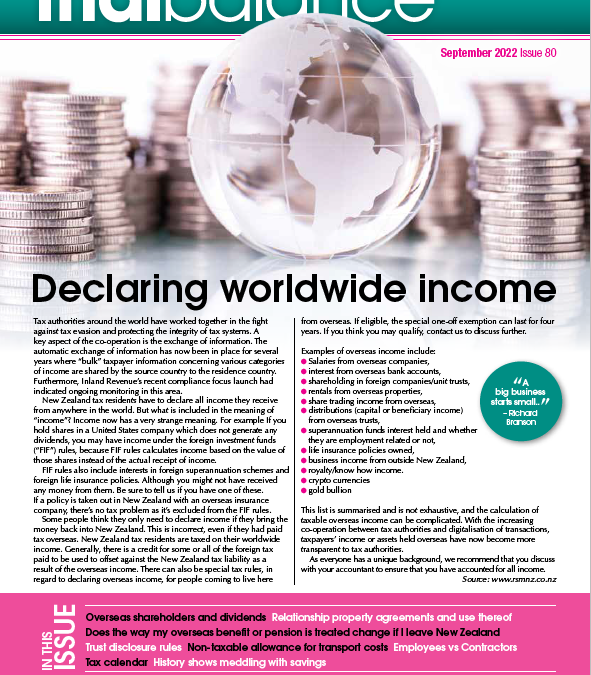
Strettons Newsletter – September 2022
Check out our September edition. -Click here for the copy - link
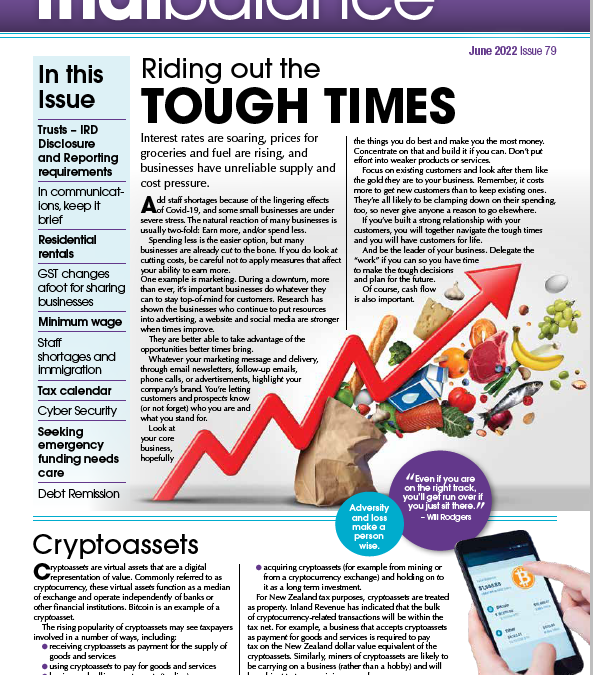
Strettons Newsletter – June 2022
Check out our June edition. -Click here for the copy - link
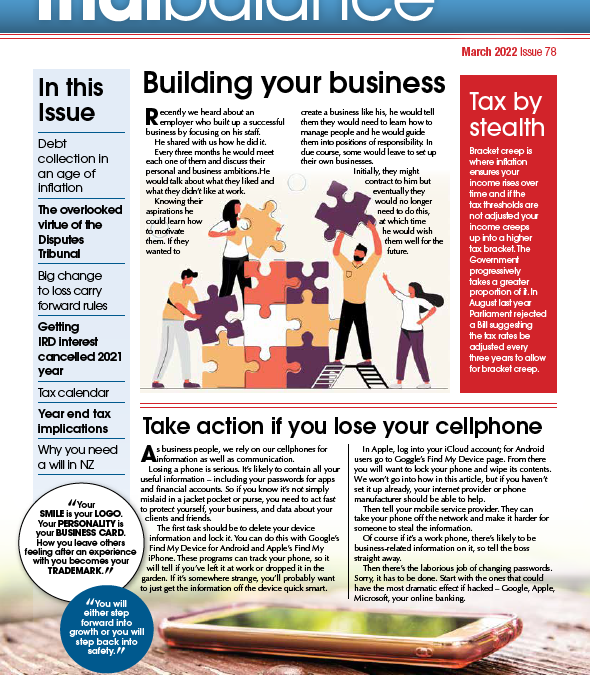
Strettons Newsletter – March 2022
Check out our March edition. -Click here for the copy - link
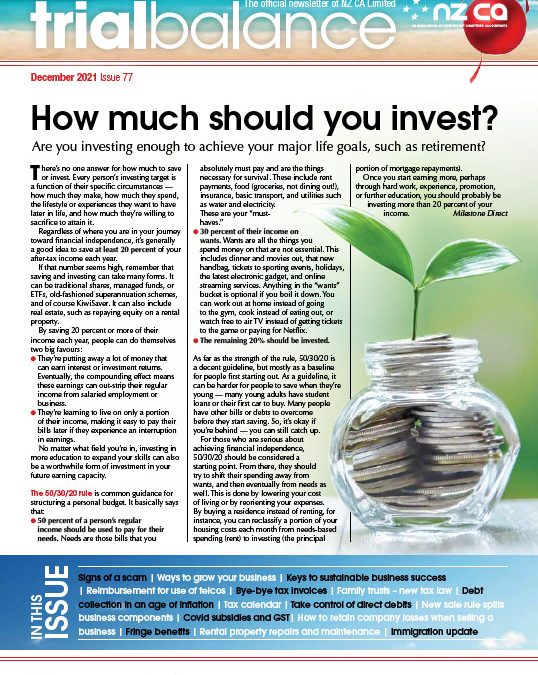
Strettons Newsletter – December 2021
Check out our December edition. -Click here for the copy - link
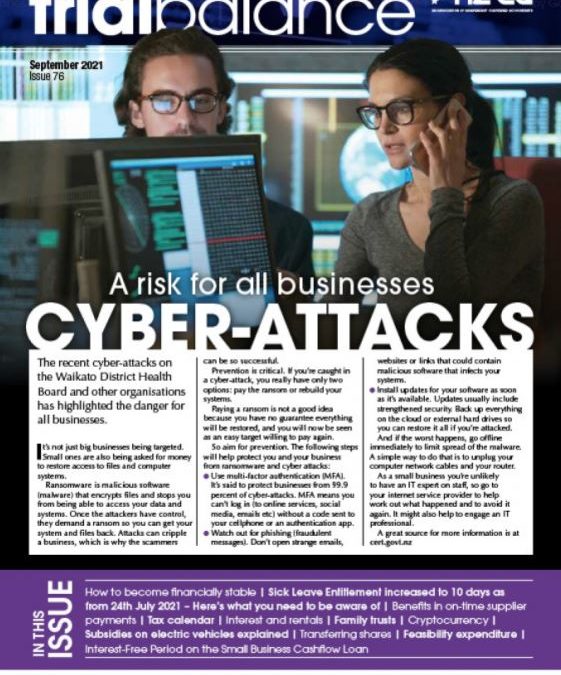
Strettons Newsletter – September 2021
Check out our September edition. -Click here for the copy - link

Government Property Announcements Re-write the Income Tax Act
Recently, the Government announced a range of measures which in their view address the supply and demand for residential properties (in addition to measures already in force such as the ring-fencing of residential rental property losses). Each of these have the potential to have a major impact on anyone who currently owns, or is considering...
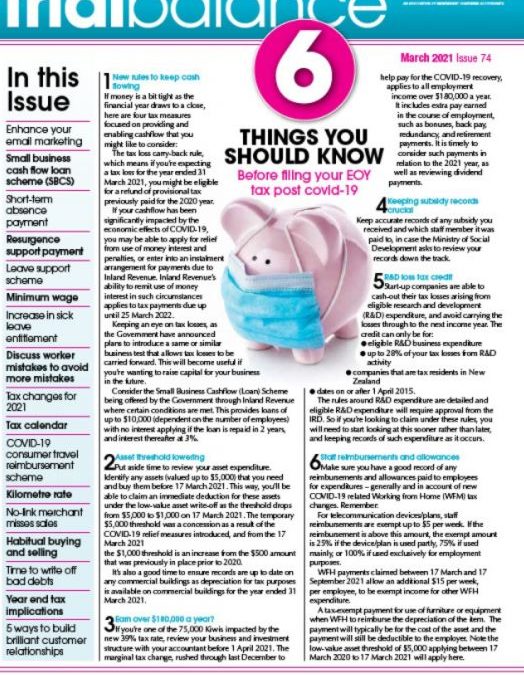
Strettons Newsletter – March 2021
Check out our March edition. Click here for the copy - link
Latest News
Category
Book Your Free Review Now or Pay Account Online
Visit Us:
44 Te Heuheu Street
Taupō, New Zealand
Contact Us:
Phone: (07) 376 1700
Email: info@strettons.co.nz
Strettons
44 Te Heuheu Street, Taupō 3330, New Zealand


